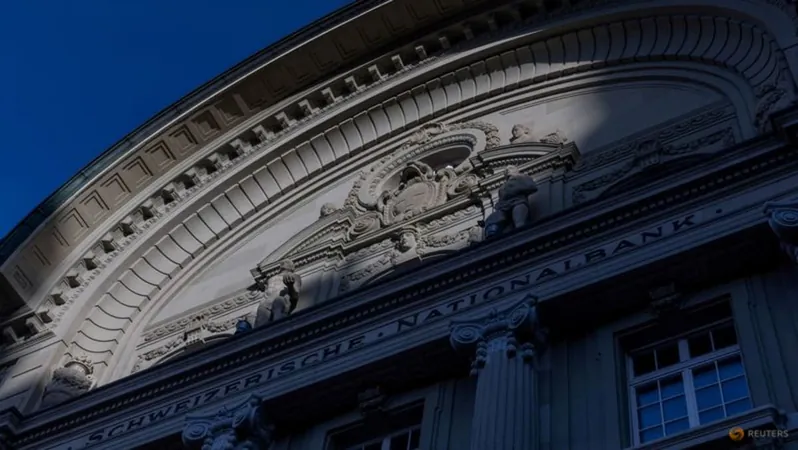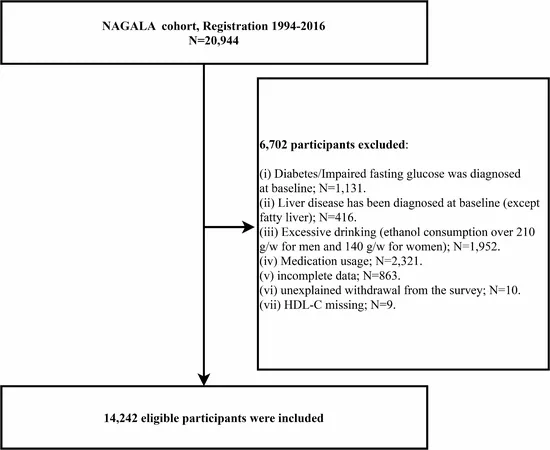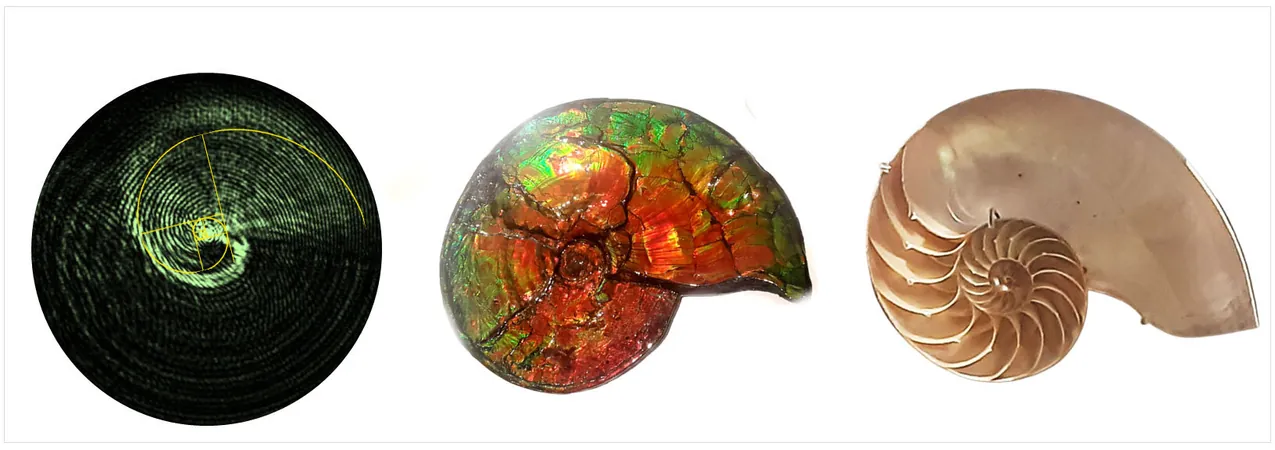
Trade Tariffs Send Shockwaves Through Swiss Economy: Will the SNB Embrace Negative Rates Again?
2025-04-07
Author: Daniel
ZURICH:
The recently imposed U.S. trade tariffs have thrown a wrench in the Swiss economy, causing the Swiss franc to surge and putting the Swiss National Bank (SNB) under pressure to consider another cut in interest rates, potentially pushing them back into negative territory.
Last week, President Donald Trump’s unexpected announcement of heavy import tariffs rattled global markets, leading economists and analysts to predict that the SNB is on the verge of taking action to mitigate the fallout on the Swiss economy. The bank has repeatedly stated that while it prefers not to resort to negative rates, it is prepared to do so in order to maintain price stability, defined as keeping inflation within the 0-2 percent range.
“Negative rates aren't something we'd be delighted about, but they are a tool we may need to implement if the situation demands it,” SNB governing board member Petra Tschudin remarked in response to the tariff news.
Currently, the SNB's key interest rate stands at a low 0.25 percent, with inflation reported at 0.3 percent—right at the bottom of the bank's target limit. With the franc perceived as a safe haven asset, it hit a six-month high against the dollar, and its strongest value against the euro since the end of 2024, alongside a high against the British pound since last August.
The tariffs, which disproportionately impact Switzerland compared to the European Union and Britain, are prompting economists to lower growth forecasts for the Swiss economy. A downturn in economic activity may push inflation further down, compounded by a stronger franc, which makes imports cheaper.
Analysts are closely watching the SNB's next monetary policy meeting scheduled for June, although there are discussions around the possibility of preemptive measures before then given the current climate. Market expectations are leaning towards a 25 basis point cut in rates, according to LSEG data.
Inflation Under Threat
As inflation stays nearly stagnant, concerns are mounting that it could dip into negative figures, especially with declining oil prices impacting economic conditions. GianLuigi Mandruzzato, an economist at EFG, stated, “The risk of deflation is increasing, which raises the likelihood of negative interest rates returning as a legitimate measure.”
The SNB had previously employed negative interest rates from late 2014 until 2022 to prevent the franc from appreciating too rapidly, a move that was often met with discontent from savers. They have also actively intervened in foreign exchange markets to keep the franc in check. However, Trump’s stance on tariffs may trigger accusations of currency manipulation, leading to potential retaliatory measures.
Adrian Prettejohn from Capital Economics forecasted that the SNB could drop its key rate to zero in June and wouldn’t hesitate to go lower if necessary. “It is quite possible the SNB might act sooner than expected, potentially cutting rates outside of scheduled meetings and possibly implementing negative rates again,” he noted.
A glimmer of hope remains, as some strategists, like Harald Preissler from Bantleon, argue that the immediate effects of U.S. tariffs may not severely stunt Swiss economic growth. Nonetheless, they caution that any significant shift in global trade patterns could result in added deflationary pressures on the Swiss economy.
Given these dynamics, there's a heightened 40 percent probability that the SNB might opt to reintroduce negative rates if the economic situation continues to deteriorate. The next few months promise to be pivotal for Switzerland’s financial strategies.



 Brasil (PT)
Brasil (PT)
 Canada (EN)
Canada (EN)
 Chile (ES)
Chile (ES)
 Česko (CS)
Česko (CS)
 대한민국 (KO)
대한민국 (KO)
 España (ES)
España (ES)
 France (FR)
France (FR)
 Hong Kong (EN)
Hong Kong (EN)
 Italia (IT)
Italia (IT)
 日本 (JA)
日本 (JA)
 Magyarország (HU)
Magyarország (HU)
 Norge (NO)
Norge (NO)
 Polska (PL)
Polska (PL)
 Schweiz (DE)
Schweiz (DE)
 Singapore (EN)
Singapore (EN)
 Sverige (SV)
Sverige (SV)
 Suomi (FI)
Suomi (FI)
 Türkiye (TR)
Türkiye (TR)
 الإمارات العربية المتحدة (AR)
الإمارات العربية المتحدة (AR)